Kenya Seeks Clarity on Citizens Detained in Tanzania
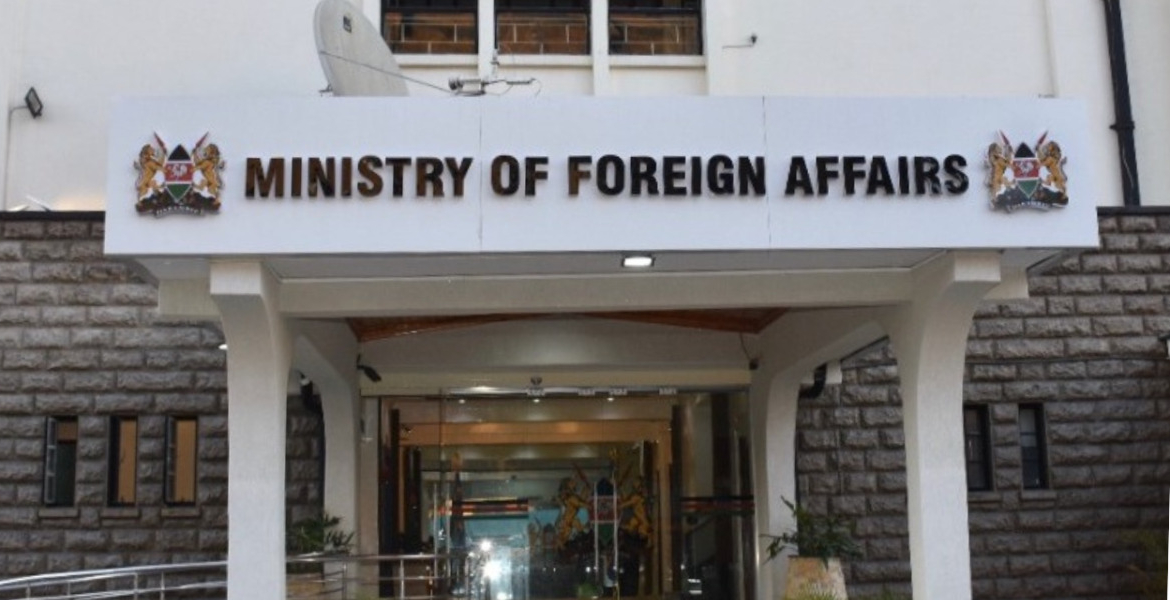
Kenya has raised formal concerns with Tanzania over the safety of its citizens following reports of harassment, arrests and violence against foreigners amid post-election unrest.
Kenya’s Ministry of Foreign and Diaspora Affairs said it had received numerous complaints from Kenyans living and working in Tanzania, who were allegedly targeted during a security crackdown after the October 29 general election. The polls, which opposition groups claim were marred by irregularities, have been followed by widespread protests and a heavy police response.
Families in Kenya have reported missing relatives, including a teacher in Dar es Salaam whose death has been confirmed but whose body has yet to be recovered. Civil society organisations have warned that foreign nationals, particularly Kenyans, are being accused of taking part in demonstrations and subjected to intimidation and arbitrary detention.
Foreign Affairs Minister Musalia Mudavadi met his Tanzanian counterpart, Mahmoud Thabit Kombo, on Thursday to demand assurances on the safety and legal protection of Kenyan citizens.
“There were reported incidents where the rights of several Kenyans were infringed. These specific cases have been formally submitted to the Tanzanian government for action,” Mr Mudavadi said, adding that Kenya expects full legal protection for its nationals under international and regional agreements.
Human rights groups have raised further concerns about the situation. Vocal Africa, a regional advocacy organisation, accused Tanzanian authorities of concealing the number of deaths linked to the unrest. Its chief executive, Hussein Khalid, said efforts to locate the body of John Okoth Ogutu, a Kenyan believed to have been killed during the protests, were blocked by hospital officials in Dar es Salaam.
He alleged that the government was hiding bodies to downplay the true death toll, which his organisation estimates to be between 3,000 and 5,000. The Kenya Human Rights Commission reported similar patterns of intimidation and economic pressure.
The organisation’s Head of Communication, Ernest Cornell, said businesses were being ordered to provide employee lists and that foreign workers, especially Kenyans, were facing sudden reductions in work permit durations, restricting their ability to work legally. Tanzanian President Samia Suluhu Hassan, who was sworn in for a second term earlier this week, has lifted the curfew and restored internet access, suggesting a limited easing of restrictions.
However, the broader security clampdown remains in place, and foreign nationals continue to face close scrutiny. The Kenyan High Commission in Dar es Salaam has resumed operations and said it is in regular contact with Tanzanian authorities to ensure the welfare of Kenyans in the country.
Foreign Affairs Principal Secretary Korir Sing’oei confirmed that the government is gathering detailed information on the situation and will issue updates once verification is complete.

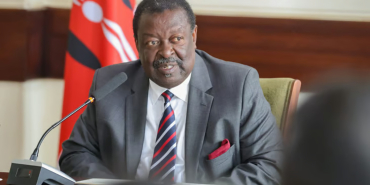
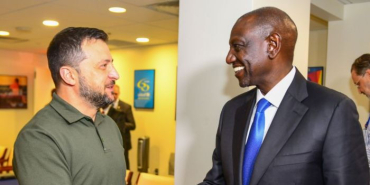
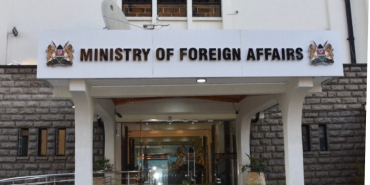
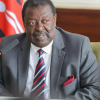

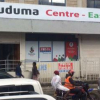
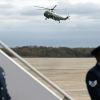
Add new comment